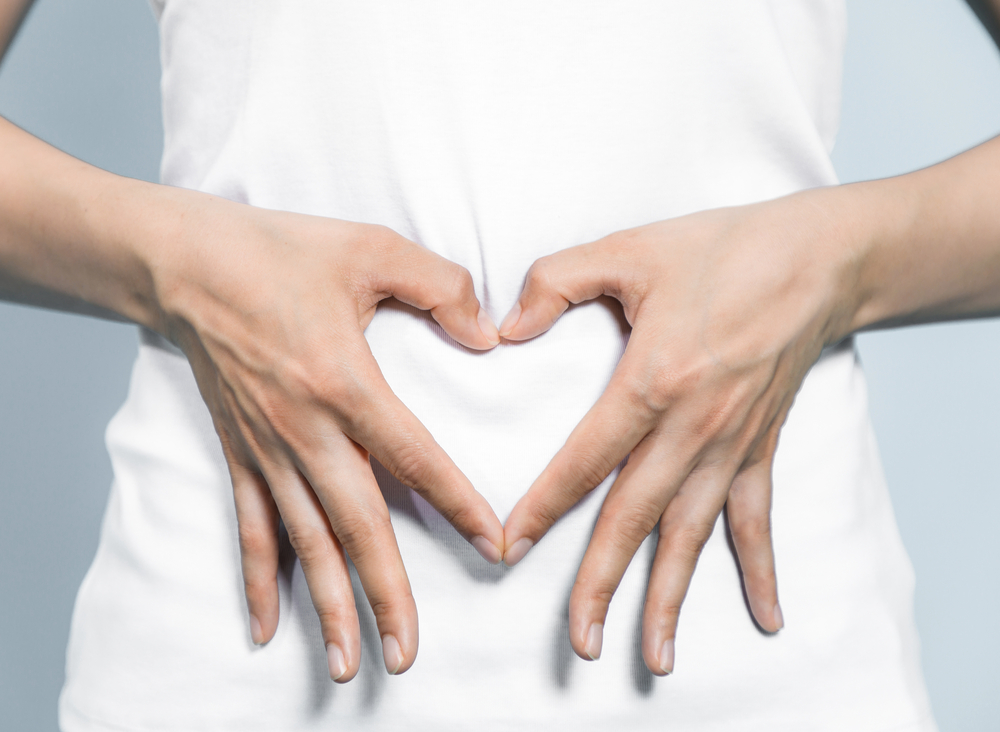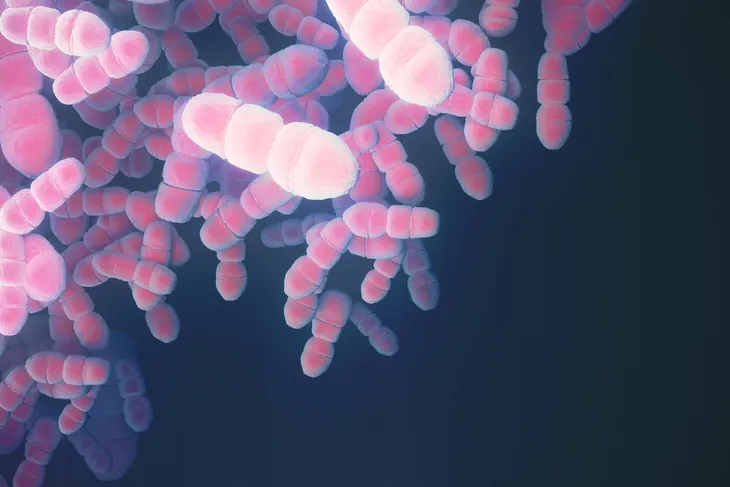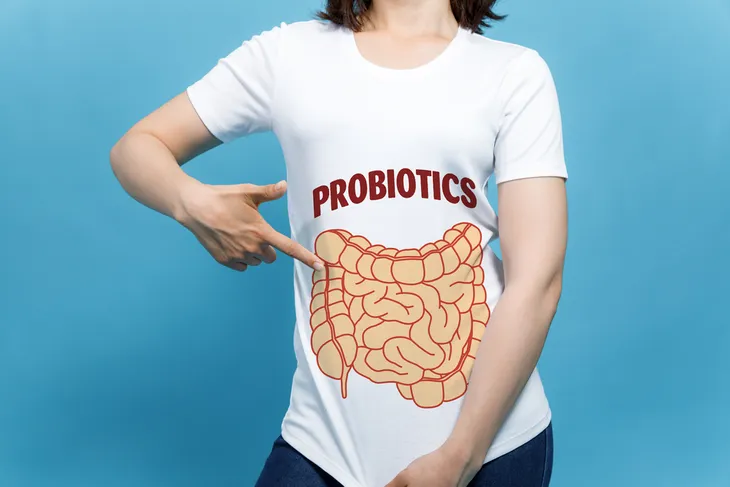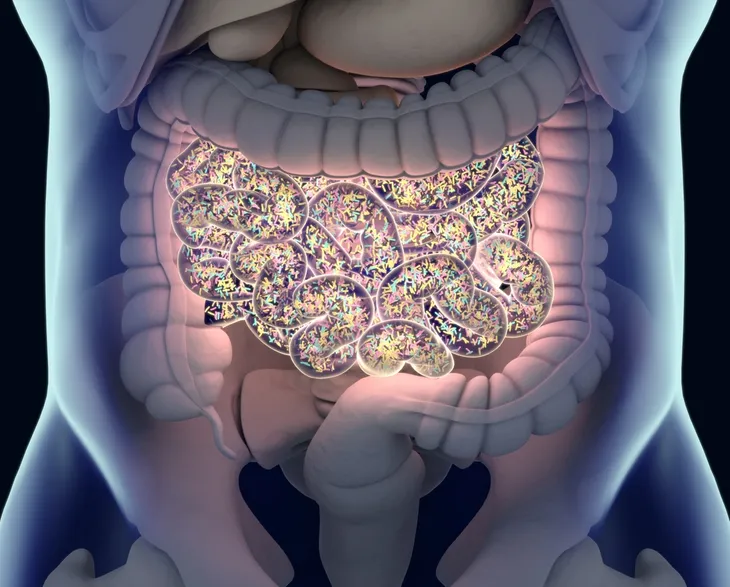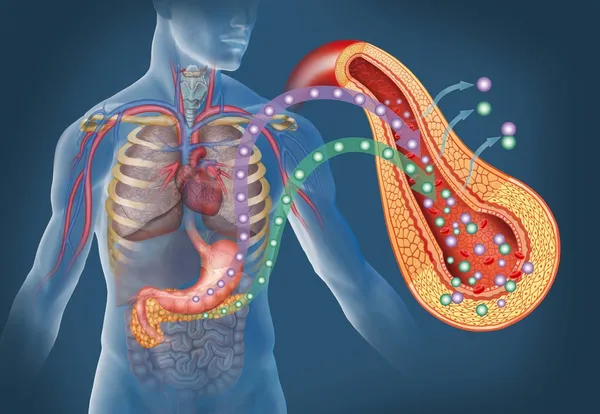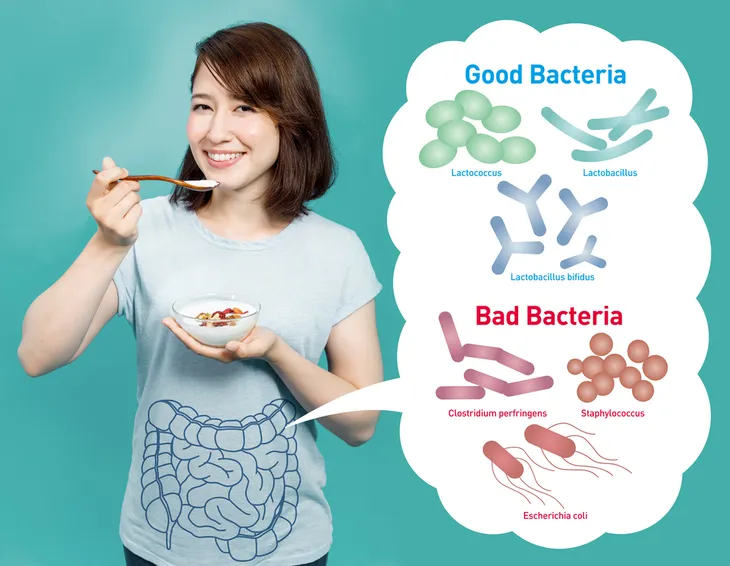The gut contains million of bacteria, viruses, fungi and other microscopic living things that are referred to as microbes. Located in an area of the large intestine known as the cecum, many of these microbes are beneficial to the overall health of the body, hence why they are commonly referred to as friendly bacteria.
Prebiotics and probiotics are the most well known of these friendly bacteria, but have you heard of postbiotics? Although only recently discovered, they are quickly gaining attention due to their growing number of health benefits. The following are five things to know about postbiotics, including what they are, what they can do for the body, and where to find them.
1. What Are Postbiotics?
Postbiotics are compounds that are produced during the fermentation process of probiotic bacteria. According to Dr. Axe, “When probiotics feed on certain types of fiber molecules in order to thrive, they leave behind ‘waste products’ that are collectively called postbiotics.”
There are several different types of postbiotics, including lipopolysaccharide, muramyl dipeptide, indole (derived from tryptophan), teichoic acid, lactocepin, and p40 molecule. Short-chain fatty acids—such as acetate, butyrate and propionate—are presently the most researched postbiotics, which the source says “provide a major energy source for the colon and play a role in intestinal growth and differentiation,” in addition to impacting a variety of metabolic processes.
2. Connection Between Prebiotics, Probiotics and Postbiotics
As mentioned before, the gut is home to millions of bacteria, known as the microbiome or microbiota. Prebiotics, probiotics and postbiotics all help keep the microbiota in balance.
According to WebMD, prebiotics are “carbohydrates that cannot be digested by the human body.” Their purpose is to supply probiotics with energy, by acting as a food source. Probiotics—the “’good’ bacteria that help keep your digestive system healthy by controlling growth of harmful bacteria”—feed on prebiotics through a process of fermentation, of which postbiotics are the byproducts.
3. Benefits of Postbiotics
While probiotics are the most well known of the three types of friendly bacteria, scientists are now learning that it may not be the probiotics themselves that so beneficial to the gut, but rather the postbiotics they produce.
Although the research surrounding postbiotics is still quite new, one such benefit is they are thought to have antimicrobial properties, which Dr. Axe says are able to “to diminish harmful bacteria and therefore helping prevent infections and illnesses.” Studies have also found that postbiotics are beneficial for reducing inflammation, which the source says may make them helpful for treating intestinal issues such as irritable bowel syndrome or inflammatory bowel disease.
4. Postbiotics and the Prevention of Diabetes
In a recent study, researchers at McMaster University discovered that postbiotics may help to prevent those have prediabetes from developing diabetes. According to Mental Floss, who interviewed lead study author Jon Schertzer, “when bacteria in the gut become chronically out of balance—known as intestinal dysbiosis—a person can become insulin resistant, or prediabetic.” This gut bacteria imbalance is common among people who are obese.
The study led researchers to discover that a certain postbiotic called muramyl dipeptide (MDP) was able to reduce insulin resistance “regardless of weight loss or changes in the intestinal microbiome during obesity.”
5. Sources of Postbiotics
As postbiotics have only recently been discovered and research on them is still quite premature, they are not as readily available as probiotics. If you’re able to find postbiotic supplements, Dr. Axe says to “look for postbiotic products that include a number of different types of postbiotics, especially short-chain fatty acids.”
Alternatively, by including certain foods in your diet, you can increase your body’s production of postbiotics more naturally. Some of the best sources to help with this are spirulina, chlorella, grape pomace, fermented aloe, apple cider vinegar and coconut vinegar.
